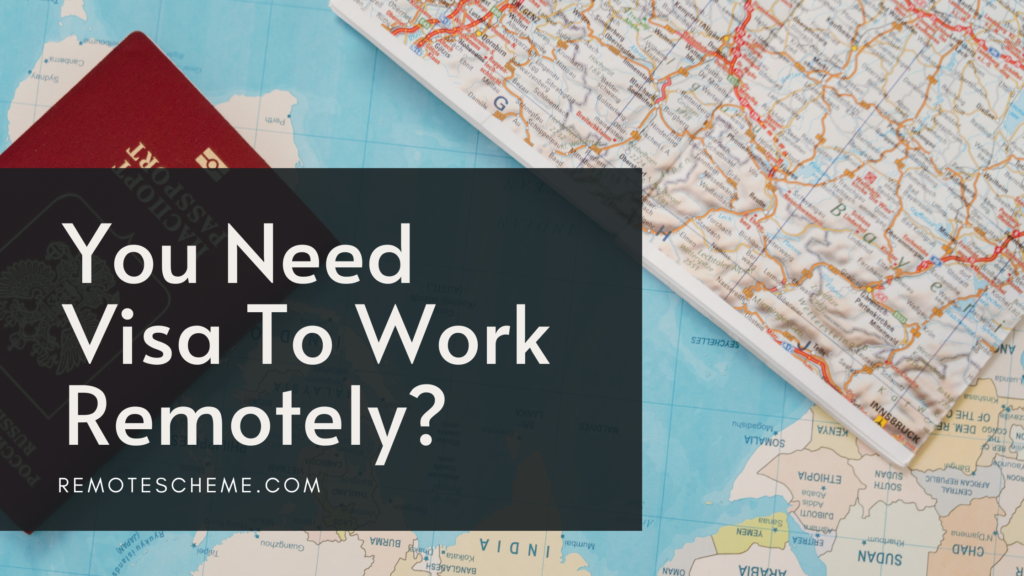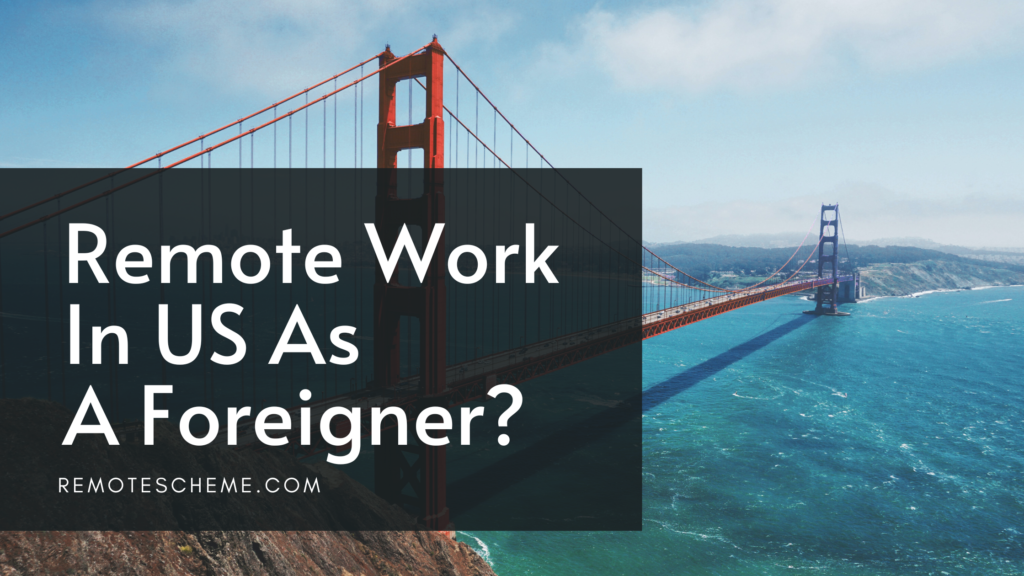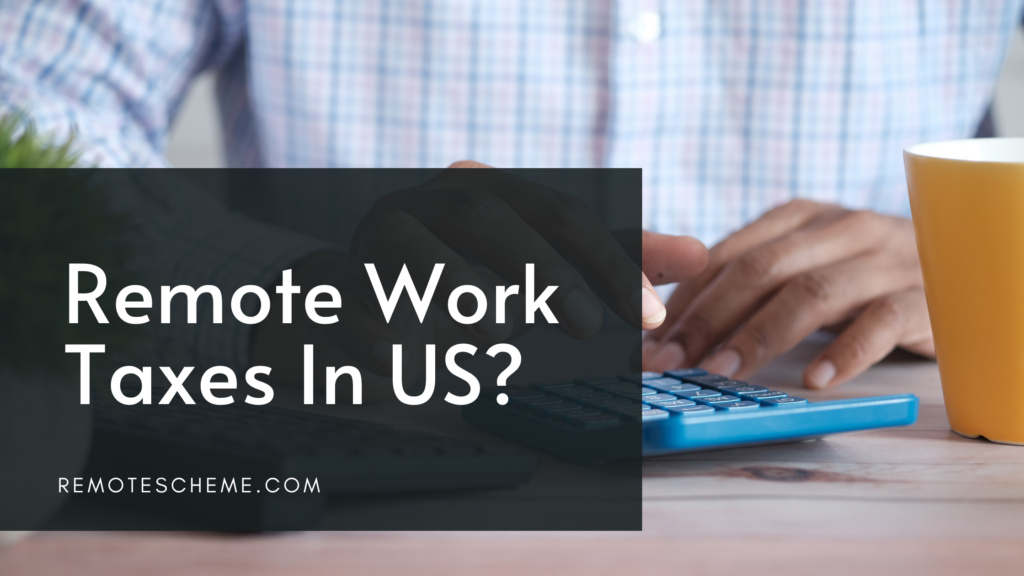After the 2020 pandemic, many people have shifted to working from home. Some work remotely full-time and have employers hundreds of miles away from them.
So, the question on your mind must be, do I need a visa to work remotely? The short answer is that it depends on factors like the nature of your work, which company you work for, and the taxes and laws you must abide by.
In this article, we looked at some key information about remote work and visas, and a brief introduction to the digital nomad visa offered by several regions.
Can You Work Remotely Without A Visa?
The answer isn’t quite as simple as yes or no. Generally, there are a few factors to consider.
Where is your home country? Will you be working within that country? If yes, it’s time to consult your local laws. In addition, research the laws your foreign employer must abide by, too.
Ensure you’re following all laws related to working with an employer overseas, especially those laws covering taxes.
For example, in the US, employers are permitted to hire foreign workers or contractors that work remotely in their home countries. That’s given that they’ve processed the proper certifications and visa requirements.
However, if you’re planning to work remotely in another place that isn’t your home country, you may have to consult the laws of that region too. In general, most countries don’t let visitors work—especially if they only have a tourist visa.
Ultimately, it depends on who your employer is, where you are in the world, and what laws you have to follow.
The best way to ensure that you’re not doing anything illegal is to do your research and communicate with the company you’re working for. In addition, seek legal advice if you feel your research isn’t enough.
What Is A Digital Nomad Visa?
In a brief sense, a digital nomad visa allows individuals to work remotely, even if they’re not in their home country. There are over 40 regions that offer this type of visa.
This is useful for people who spend long periods in a different country—since the remote nature of their work allows them to move around. Generally, most countries won’t let you work while you’re on “vacation” in their region, hence, the creation of a digital nomad visa.
Note that this isn’t the exact term used for every single country. It’s merely an umbrella term for the visas that serve this specific purpose.
Lastly, we want to clarify that not everyone who works remotely can be considered a digital nomad. Some remote workers operate within their homes in their home country.
Final Thoughts
Do I need a visa to work remotely? It depends on several factors, including who you’re working for, the country you’re currently working in, and the laws you have to follow.
Some countries and regions have introduced a digital nomad visa that lets people work remotely even if they’re outside of their home country.




